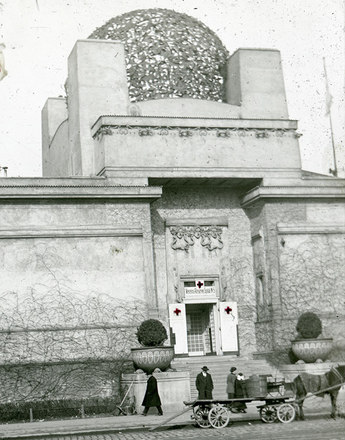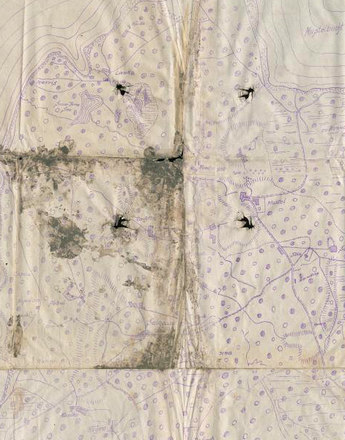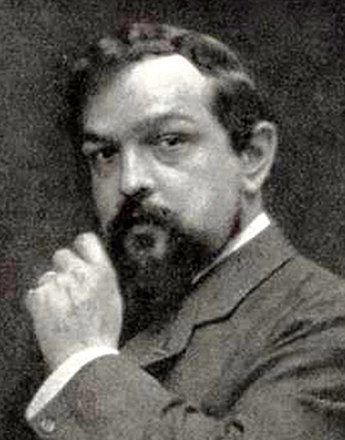Arousing Patriotic Sentiments in the Concert of Nations
For it was ever so, when on the dial of fate
The hand to history’s great hour pointed,
That this people of dancers and of fiddlers stood
Like God’s angels before paradise.
(Anton Wildgans, ‘A Prayer for Austria’s People and Warriors’, August 1914)
The founder of musicology in Vienna, Guido Adler, referred repeatedly to the importance of music for international understanding; at the same time in 1917 he did, however, emphasize the superior role of Austrian music. This was, of all the cultural elements of the Austrian nation, ‘undoubtedly one of its most valuable possessions. … In it the life of our spirit and imagination is revealed in a splendid way, we can say in all modesty and without presumption.’ The author Anton Wildgans saw the matter in a similar manner, when at the beginning of the war he contrasted the Austrians as the ‘people of dancers and of fiddlers’ with the Germans as the ‘people of poets and thinkers’.
Patriotic invocations of qualities supposedly found in or claimed for a people were made by all the nations waging war, with musicologists and critics – but also musicians – placing themselves at the service of war propaganda every bit as much as other intellectuals. ‘The ability of music to liberate, inspire and seduce has never been felt more strongly than at the present time,’ Richard Specht, one of Vienna’s best known music critics, commented at the beginning of the war.
Even if Adler repeatedly regretted the horrors of the war, which hindered international exchange and harmed music because it led to the deaths of talented young people, he nevertheless pointed to the necessity to defend cultural achievements. And at the same time he confirmed that in the nature of Austrian music, which represented the ‘purest image of what is genuinely Austrian … in its ramifications and concentration’, there was to be found, as it were, a practical guide to ‘solving the burning political problems of our time’. This was, according to him, to be seen in the ‘undeniable’ fact that it was the German element that stood at the centre of everything that was Austrian and that in its perfection led to its supremacy in music, which was enriched by exchange with ‘other ethnic elements’, which could only attain ‘limited validity in their own right’. However, from the middle of the nineteenth century other national schools of art had succeeded in developing freely – admittedly under the leadership of German art! ‘It is precisely in Austria that we can … learn a great deal from comparing art and life, just as this war will for a long time be the master of world history,’ Adler concluded.
In Germany, too, there were similar patriotic sounds. Arthur Seidl, a musicologist who had won respect with his works on Richard Wagner and Richard Strauss, published his theses on the danger for German culture from its opponents in the war, a culture which was ‘the first, most important, the “deepest” and superior to all of them’. The French composer Claude Debussy expressed his patriotic frame of mind in a pithy way: ‘Since Paris has been cleansed of those tiresome foreigners, whether by shooting them or by throwing them out, it has become a charming place from one moment to the next.’
Translation: Leigh Bailey
Adler, Guido: Weltkrieg und Musik, in: Neue Freie Presse vom 2.7.1917, 1-3
Giesbrecht, Sabine: Musikalische Kriegsrüstung. Zur Funktion populärer Musik im 1. Weltkrieg. Gießen 2008. Unter: http://geb.uni-giessen.de/geb/volltexte/2008/5201/ (20.06.2014)
Nussbaumer, Martina: „Jetzt ist die Stunde da, in der nur das Höchste laut werden darf.“ Zur Aufrüstung des klassischen Musiklebens, in: Pfoser, Alfred, Weigl, Andreas (Hrsg.): Im Epizentrum des Zusammenbruchs. Wien 2013, 374-385
Quotes:
„undoubtedly one of its most valuable ...": Neue Freie Presse vom 2.7.1917, 1 (Translation)
„The ability of music to liberate ...": Specht, Richard: Die Musik im Krieg, in: Der Merker 5/116, Wien 1914, 522-525, hier: 523, zitiert nach Nussbaumer, Martina: „Jetzt ist die Stunde da. in der nur das Höchste laut werden darf.“ Zur Aufrüstung des klassischen Musiklebens, in: Pfoser, Alfred, Weigl, Andreas (Hrsg.): Im Epizentrum des Zusammenbruchs. Wien 2013, 374-385 (Translation)
„purest image of what is genuinely Austrian ...", „Wir können gerade in Oesterreich ...": Neue Freie Presse vom 2.7.1917, 1 (Translation)
„the first, most important’ ...": AMZ XLII, 1915, zitiert nach: Giesbrecht, Sabine: Musikalische Kriegsrüstung. Zur Funktion populärer Musik im 1. Weltkrieg. Gießen 2008, 169. Unter: http://geb.uni-giessen.de/geb/volltexte/2008/5201/ (20.06.2014), 163 (Translation)
„Since Paris has been cleansed ...": Barraqué, Jean: Claude Debussy. Reinbek bei Hamburg 1964, 148 (Translation)
-
Chapters
- ‘Long jackets instead of Tailcoats’ – The Music Business in Times of Austerity
- Arousing Patriotic Sentiments in the Concert of Nations
- ‘In War the Muses Learn How to Serve’
- Serious Times – Serious Art
- ‘I’d like to dance, I’d like to shout for joy’ – Popular Music in the First World War
- ‘German Musical Life and How to Delouse It’ – Music for Use in the War
- ‘What the soldier in battle dress is singing now will be sung by the entire German people in rare unity.’ – Soldiers’ Songs as Collectors’ Items
- ‘It’s Hugo’s damned duty not to die for the fatherland before I’ve got my Act III.’ – Richard Strauss and the First World War
- Militarism and Terror Set to Music
- ‘La Victoire en chantant’ – The French chanson in the First World War
- Musical Innovations in the First World War
- Composers’ Fates: War, Death and the Longing for Peace and Overcoming Memories
- Star Composers and the Great War





